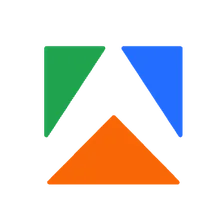Facebook Comments Scraper
Pricing
from $1.40 / 1,000 comments
Go to Apify Store
Facebook Comments Scraper
Extract data from hundreds of Facebook comments from one or multiple Facebook posts. Get comment text, timestamp, likes count and basic commenter info. Download the data in JSON, CSV, Excel and use it in apps, spreadsheets, and reports.


